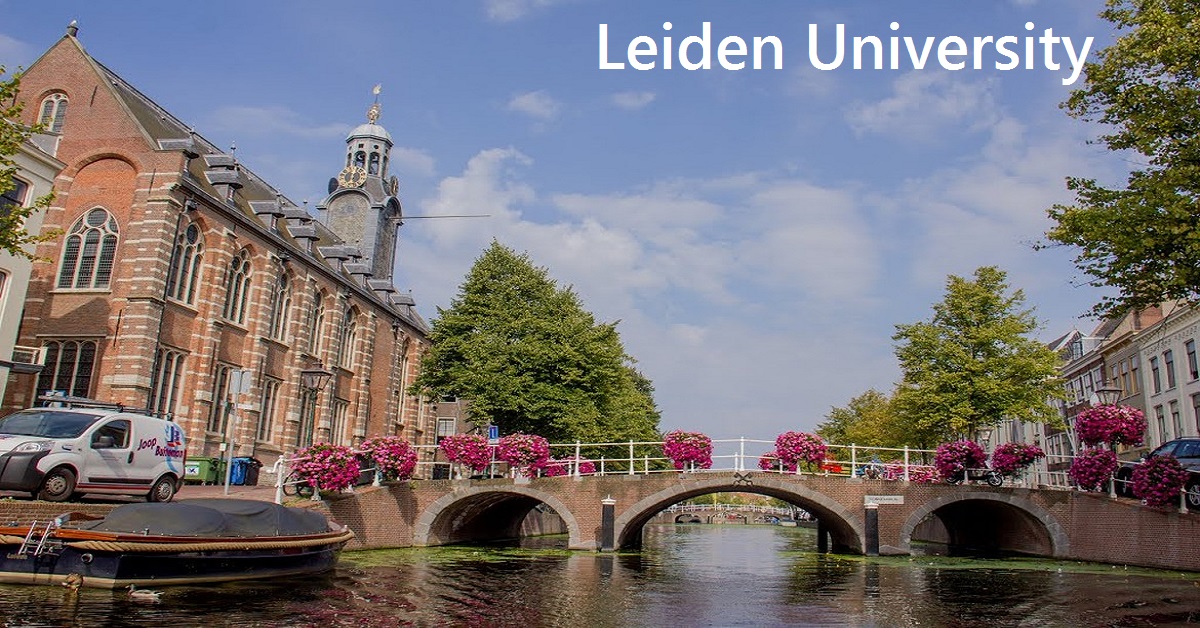
The Faculty of Humanities, Leiden University Centre for Linguistics (LUCL) is looking for a:
Postdoctoral researcher in data science and analytics (1,0 FTE)
ERC Consolidator project South American Population History Revisited (SAPPHIRE)
Vacancy number: 22-498 12428
Project description
The ERC consolidator project South American Population History Revisited (SAPPHIRE) seeks to reconstruct, on the basis of biogeographical, anthropological, population-genetic, and linguistic data, the population history of the Upper Amazon area in western South America, in order to establish how ecology, human behavior, and inter-ethnic communication strategies have impacted the development of the extraordinary patterns of linguistic diversity in the area. The project thus offers a unique opportunity to work in a truly multi-disciplinary context with internationally renowned domain experts, which offers the possibility to expand your horizon to other disciplines, cooperate with experienced specialists of these disciplines, and contribute to creating new knowledge about the history of South America.
In the context of this project, the Descriptive and Comparative Linguistics group at the Leiden University Center for Linguistics invites applicants for a 1.5-year full-time (extendable in time with a lower percentage) post-doctoral position in data science, which focuses on the inference of past population movements in the Upper Amazon area in western South America, on the basis of a multi-disciplinary approach. The candidate can start working directly with considerable amounts of standardized data (though in small samples). Databases typically consist of 70-200 linguistic and/or cultural features (for 30-150 individual languages) and have spatial coordinates associated with each language.
The main tasks of the successful candidate would be to develop and implement statistical methods to infer historical human interactions based on data from a variety of disciplines, and to expand the functionality of the glottospace R package.
Key responsibilities
– develop and implement statistical models and pattern detection methods, based on data from various disciplines
– solve statistical problems
– further develop the glottospace R package
– implement reproducible analytical pipelines
– active role in write-ups of the results
– actively and constructively take part in group meetings
Selection Criteria
– a completed PhD in data science, statistics, computer science, quantitative ecology, or other relevant field
– demonstrable experience with different statistical approaches
– demonstrable programming experience with R, and package development
– demonstrable experience with version control (GitHub)
– independent thinker
– preferred qualifications include knowledge of methods of analysis used in population genetics, experience with spatial data, and an affinity with the indigenous languages and cultures of South America.
Our organisation
The Faculty of Humanities is rich in expertise in fields such as philosophy, religious studies, history, art history, literature, linguistics and area studies covering nearly every region of the world. With its staff of 995, the faculty provides 27 master’s and 25 bachelor’s programmes for over 7,000 students based at locations in Leiden and in The Hague. For more information: https://www.universiteitleiden.nl/en/humanities.
The Faculty has seven Institutes, among which the Leiden University Centre for Linguistics (https://www.lucl.nl/). LUCL has a longstanding tradition in the study of the world’s languages and features unique linguistic expertise. Current theoretical insights are combined with modern experimental methods in its research profile area ‘Language Diversity in the World’.
Terms and conditions
We offer a fixed term 1.0 fte position for a period of 1.5 years, preferably starting not later than October 1 2022. The appointment will proceed in accordance with the Collective Labour Agreement of Dutch Universities (CAO Nederlandse Universiteiten).
Salary ranges from € 3,974.- to € 5,439.- gross per month (pay scale 11) based on fulltime employment in accordance with the Collective Labour Agreement for Dutch Universities and commensurate with qualifications and experience. Depending on qualifications, you may start at the appropriate step in scale 10 until you fully meet the requirements for scale 11 as specified by the Faculty of Humanities, particularly with regard to the number of years of relevant work experience.
Leiden University offers an attractive benefits package with additional holiday (8%) and end-of-year bonuses(8.3 %), training and career development. Our individual choices model gives you some freedom to assemble your own set of terms and conditions. For international spouses we have set up a dual career programme. Candidates from outside the Netherlands may be eligible for a substantial tax break. More at https://www.universiteitleiden.nl/en/working-at/job-application-procedure-and-employment-conditions.
Diversity and inclusion
Diversity and inclusion are core values of Leiden University. Leiden University is committed to becoming an inclusive community which enables all students and staff to feel valued and respected and to develop their full potential. Diversity in experiences and perspectives enriches our teaching and strengthens our research. High quality teaching and research is inclusive.
Information
Enquiries can be made to the PI of the ERC project, Dr. Rik van Gijn, email e.van.gijn@hum.leidenuniv.nl.
Applications
Applications should be submitted no later than August 31, 2022 via the blue button in our application system.
Applicants should submit online:
- A motivation letter
- A detailed curriculum vitae
- Names, positions and contact information of two referees (no reference letters).
Interviews are planned in September 2022.
You can apply via the application button; no applications will be processed on the email addresses.
Enquiries from agencies are not appreciated





